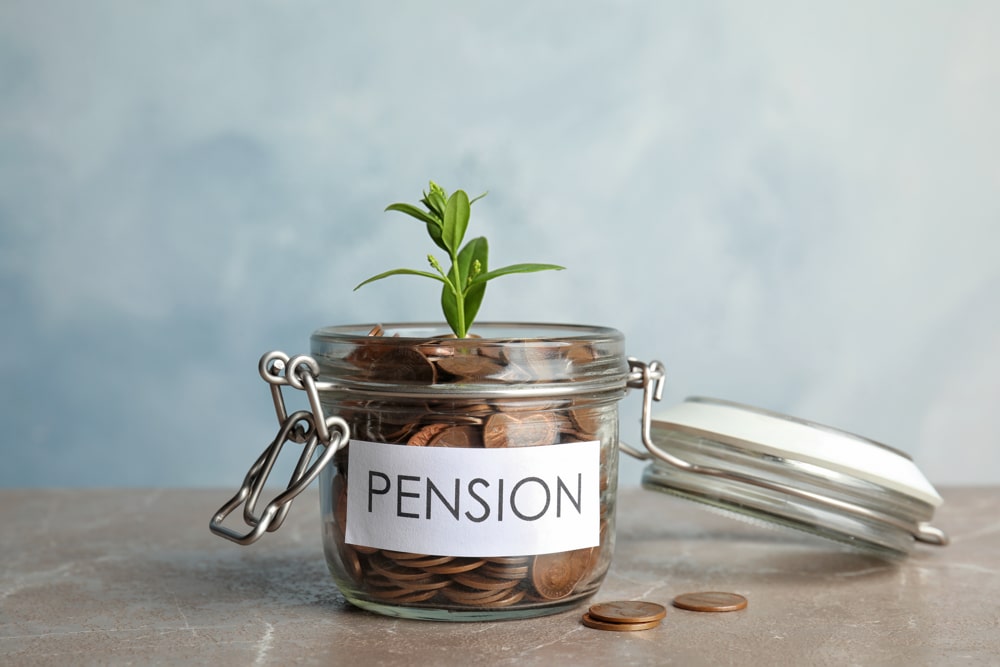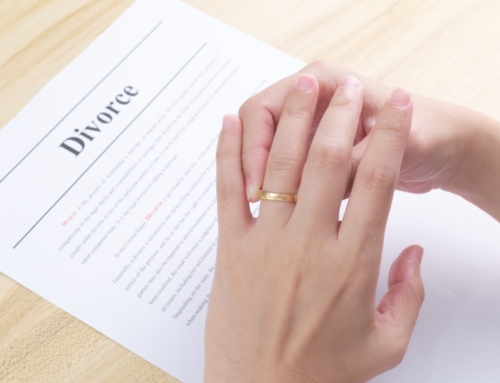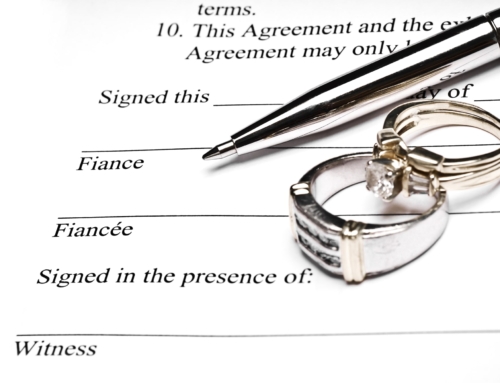When it comes to divorce, there are lots of different areas that financial settlements cover. One of those which is often overlooked is pensions, despite often being one of the most valuable assets.
It’s a complex topic, with final decisions depending on factors such as how pensions are valued and how the couple would like finances split, if at all. There can often be a discrepancy between the pension wealth of men and women, so it’s important to discuss the options available.
To get you started, here are some basics to know about pensions and divorce.

Are pensions a divorce asset?
While there’s often a lot of misunderstanding about pensions, they should be considered in financial settlements as part of a divorce process.
Irrespective of when they were accrued, pensions must be included in any financial disclosures, especially when obtaining a consent order. That’s because private pensions are legally counted as a marital asset, but this can be affected by the relationship and marriage length.
You’ll also need to disclose any old pension funds earnt before you were married.
How should pensions be split when divorcing?
How pensions factor into financial settlements is individual to a couple. Some parties agree to keep things separate, while others will come to an arrangement. If both parties can’t agree on how pensions should be split, a court will decide.
You don’t have to share your pension when divorcing, but family law must consider future needs. A court will want to see a fair agreement overall, even if you’ve made your own choices.
To share a pension, you will need to have a court order (which can be made by consent or through fully contested proceedings). If you are to receive some of your ex-spouse’s pension, some providers are able to create a new fund for you within the existing fund. The fund will be shared on the date of implementation and will not include future contributions made to the fund by the other side.
How are pensions valued?
It is advisable to contact your pension provider as soon as possible to obtain a cash equivalent transfer value (CETV). This is a value that pension providers put on a pension fund used for the purpose of divorce. There should be no charge, unless your pension is in payment.
It is advisable to obtain a pension on divorce report prepared by an actuary (a pension expert) as solicitors are not qualified to advise on pensions and it is impossible to compare CETVs as they will vary from provider to provider and can vary significantly depending on the type of pension it is i.e. final salary/defined benefit or occupational/defined contribution. In those circumstances, it would be like comparing apples and pears.
Should you get legal advice?
Pensions can be a complicated area of the divorce process, so it’s wise to seek independent legal and financial advice before you commit to any decisions. It’s recommended you use the services of a family lawyer with knowledge and expertise in this area so that they can advise you about all the options available.
A divorce solicitor will also talk you through the different methods of sharing pensions – such as offsetting (when a pension is traded off against other assets), earmarking (splitting the pension rights once they become accessible) and sharing orders (creating two individual pension pots).
Need more advice about pensions and divorce? Speak to Bellwether Solicitors
Bellwether Solicitors are a friendly family law specialist in Cheam and Kingston, with clients from Richmond-upon-Thames, Surbiton and beyond.
To speak to one of our team, contact us now.







